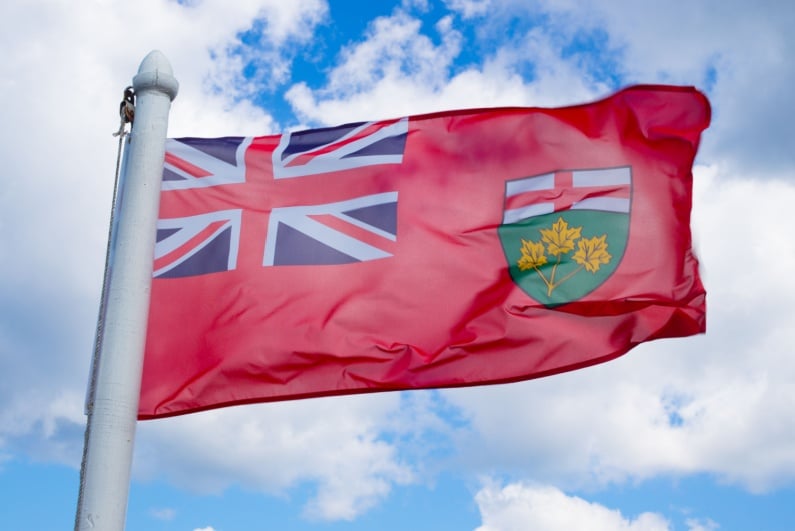Legal betting on the horizon
Lawmakers in Maryland and Florida are in the process of expanding their gambling markets, with part of the aim being to introduce sports betting in their respective states. Those efforts saw some significant updates this week.
Maryland online and retail sports wagering could begin as soon as this fall
On Tuesday, Maryland Governor Larry Hogan signed into law the state’s sports wagering legislation. The historic moment comes more than five months since Maryland voters approved betting in a ballot question. After Hogan’s approval, Maryland online and retail sports wagering could begin as soon as this fall.
In Florida meanwhile, the legislature is currently mulling a 30-year gaming compact with the Seminole Tribe. If approved, the legislation will introduce sports wagering in the tribe’s casinos, while also expanding other gaming options. The Senate approved the agreement on Tuesday with a vote of 38-1.
Gov. Hogan green-lights the bill
Maryland Governor Hogan signed more than 200 bills into law on Tuesday, including the last-minute addition HB 940. The sports betting legislation received approval of the state legislature in April, passing the House with a vote of 122-16 and through the Senate unanimously.
Before that bill gained legislature approval, both of Maryland’s chambers had to agree on licensing rules. The House initially set caps on the number of sportsbook licensees, but this was later removed by the Senate Budget and Taxation Committee. In its final form, HB 940 allows ten licenses for state casinos, 30 class B retail licenses, and an additional 60 for online.
Maryland sports betting activity will take place in casinos, the stadiums of the state’s three professional sports teams, and at horse racetracks. Sports betting revenue will be taxed at 15%, which is projected to generate an annual $20m for state coffers.
Florida compact continues momentum
Florida’s chances of legal sports betting this year seem high after the Senate approved a new tribal gaming compact on Tuesday. Announced by Governor Ron DeSantis in late April, the 30-year deal with the Seminole Tribe would give the group a monopoly over sports wagering in the state.
We decided to create a monopoly for one entity… for money.”
Despite the legislation’s approval, Tuesday’s Senate meeting saw some heated debate over the deal. Jeff Brandes, the meeting’s one no vote, argued that the compact stood against “Republican values”. He said: “We decided to create a monopoly for one entity… for money. It’s about a free market and having options and saying our economy is open and not for sale.”
The compact passed through the House Select Subcommittee during the first meeting of the special session on Monday with one key amendment. Lawmakers removed any mention of iGaming from the legislation, shutting the door to negotiations over the vertical. The bill will now go to the full House for a vote on Wednesday.
Other Florida legislative action
During the ongoing special session in Florida, legislators have discussed other legislation related to the gambling market. Two bills regarding bingo and fantasy sports failed to make it out of the committee on Tuesday. The latter sought to regulate paid fantasy sports games across the state, a proposition met with strong resistance from fantasy sports operators.
Meanwhile, lawmakers amended a separate House bill to prohibit the ‘decoupling’ of card room gambling and live sporting events at pari-mutuel facilities. The legislation and its Senate counterpart, Senate Bill 7080, have received criticism from members of Florida’s horse racing industry since their introduction in April.




